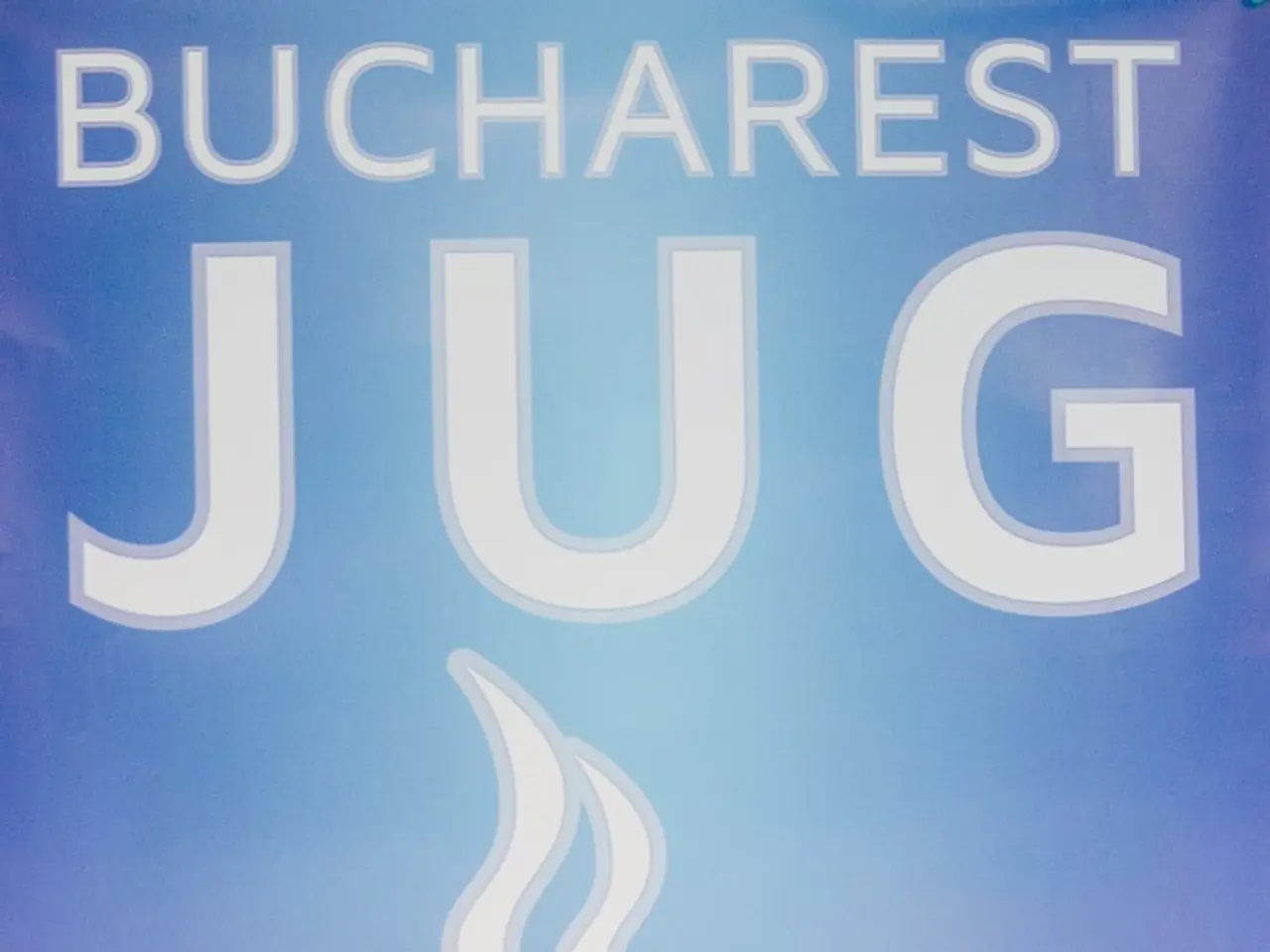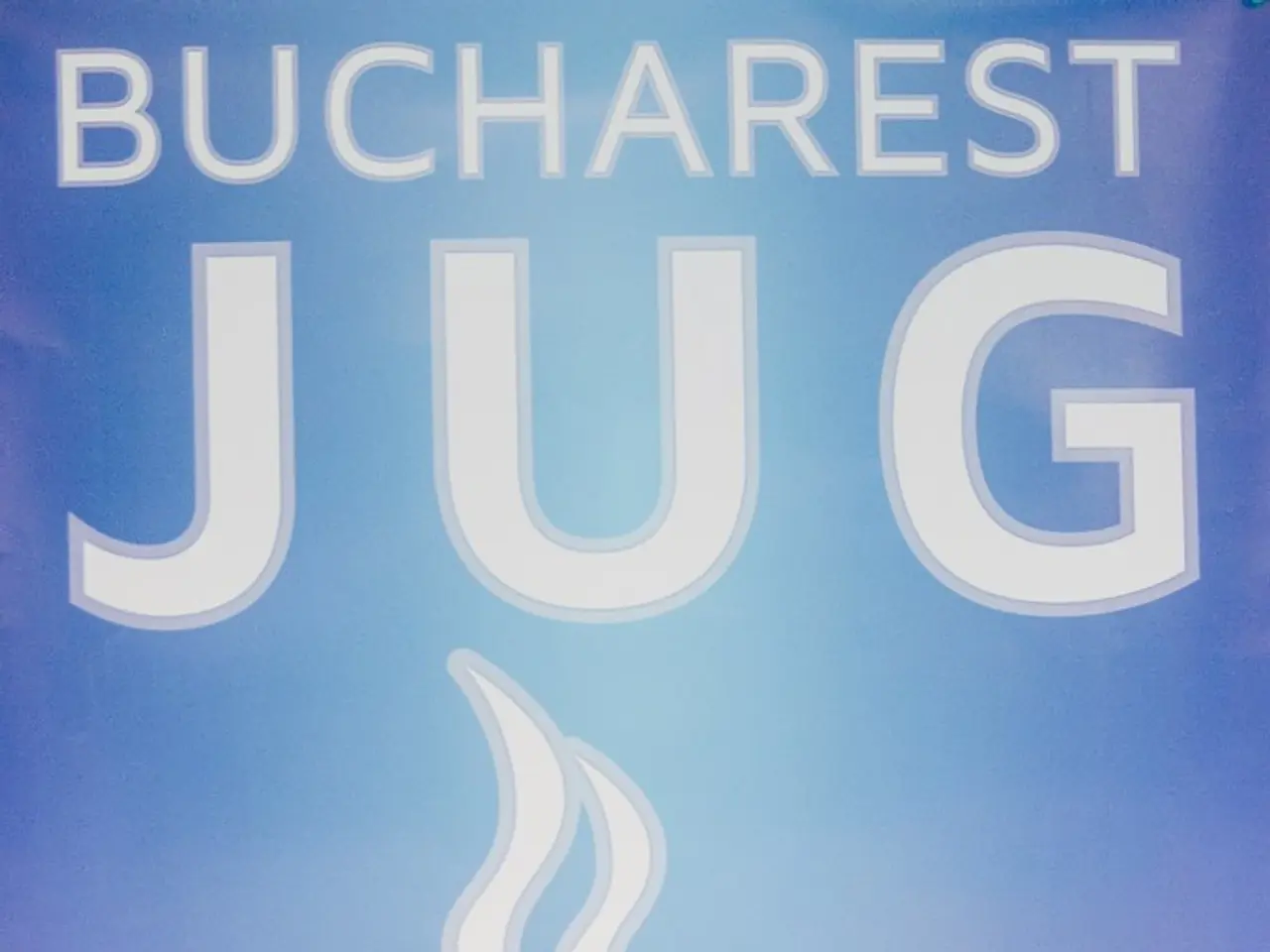EU Commission to Revoke Legislation combating Deceptive Environmental Claims
The EU Commission scraps its proposal for minimum regulations against deceptive environmental advertising, citing conflicts with its simplification agenda as the reason. This move could impact about 30 million small businesses across the EU.
The Commission's decision was celebrated by the Christian Democratic Union (CDU) of the European People's Party (EPP). Andreas Schwab, the EPP's internal market spokesperson, praised the Commission's approach, stating that the proposed regulations were overly complex and burdensome to small and medium-sized enterprises.
In the EU, the Commission holds the exclusive right to initiate and withdraw laws from the legislative process. The proposal was under ongoing negotiations between EU member states and the European Parliament when the Commission decided to pull it. Negotiations are set to resume on Monday, according to parliamentary sources.
The EPP had called for the Commission to withdraw the proposal in a previous letter, citing insufficient investigation into the proposal's potential impacts. The letter, reported by platforms like Euractiv, also criticized the proposed regulations for being unnecessary given the existing EU directives on unfair commercial practices.
The abandoned proposal aimed to prevent "greenwashing" – where companies misrepresent their products or services as environmentally friendly. It would have mandated independent third-party verification of environmental claims before publication. A 2020 study by the EU authority found that more than half of the claims about the climate-friendliness of goods were vague, misleading, or unfounded.
Not everyone is pleased with the Commission's decision. Foodwatch calls for the proposal to be restored, arguing that it's detrimental to let corporations give their climate-damaging products a green image. The SPD, on the other hand, asserts that there is no consensus within the Commission about withdrawing the proposal completely.
The International Chamber of Commerce (ICC) welcomed the Commission's decision, stating that it's appropriate not to burden businesses with additional costs and bureaucracy during challenging times.
In essence, the Commission has abandoned its plan to set EU-wide standards for verifying environmental claims following opposition from conservative lawmakers and concerns about the proposal's complexity and cost implications for businesses. Negotiations on the proposal have essentially ended[1][2][3][4].
Enrichment Data:- The withdrawn proposal was part of the broader EU Green Deal initiative to combat greenwashing and ensure reliable environmental marketing across the EU.- The EPP's primary arguments against the proposal concerned its redundancy, complexity, and potential implications on businesses, particularly the requirement for independent third-party verification of environmental claims.- The Commission's announcement to withdraw the directive came unexpectedly and left EU officials and lawmakers confused about the Commission's intentions regarding further negotiations.
- The Commission's decision to withdraw the proposal for minimum regulations against deceptive environmental advertising, part of the EU Green Deal initiative, has sparked debate among lawmakers and organizations.
- While the International Chamber of Commerce (ICC) supports the Commission's decision to avoid imposing additional costs and bureaucracy on businesses, especially during challenging times, other groups like Foodwatch argue that the withdrawal is detrimental and may allow corporations to mislead consumers regarding the environmental impact of their products.
- The EPP, a significant political force in the EU, had opposed the proposal, primarily due to concerns about its redundancy, complexity, and potential burdens on businesses, particularly the requirement for independent third-party verification of environmental claims in advertising.







